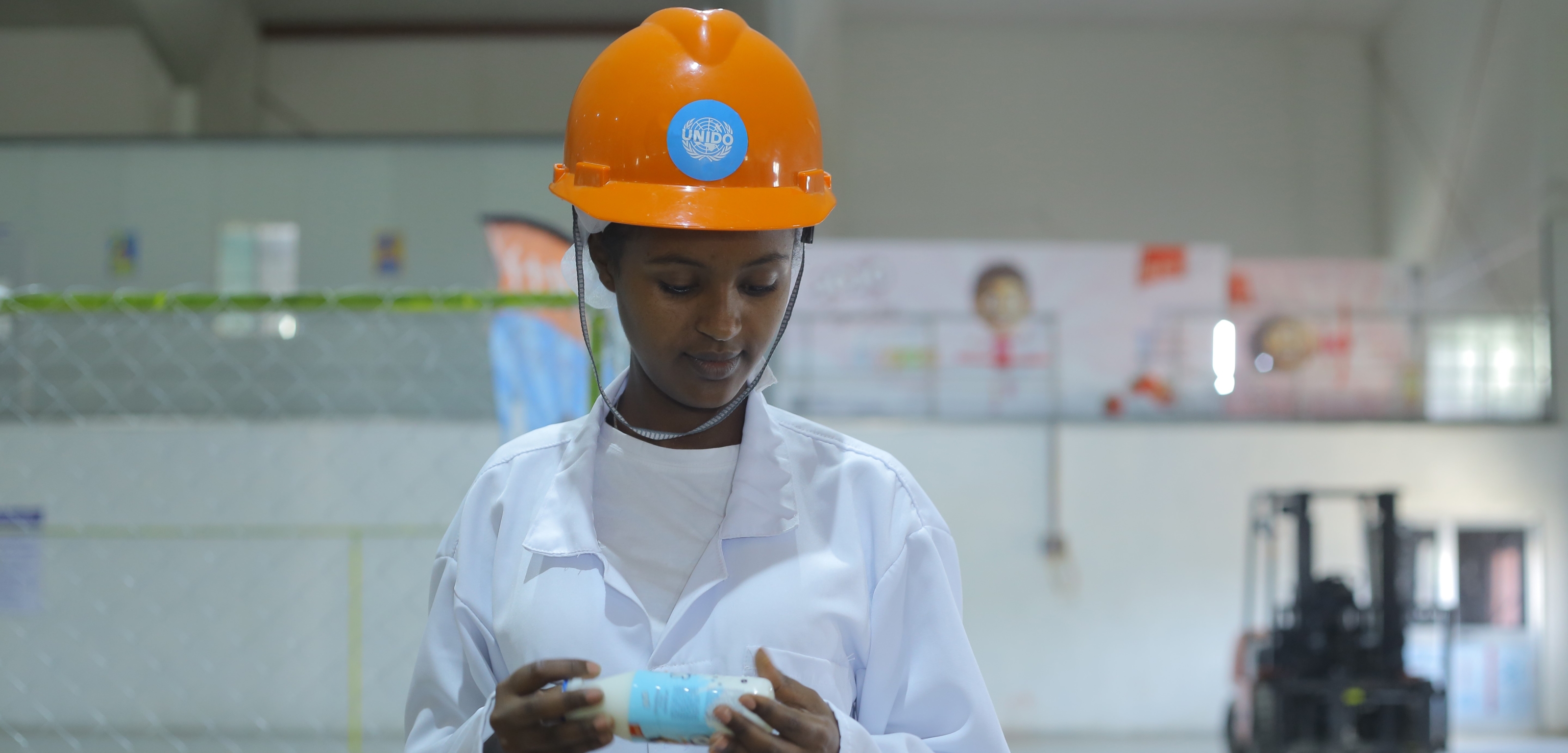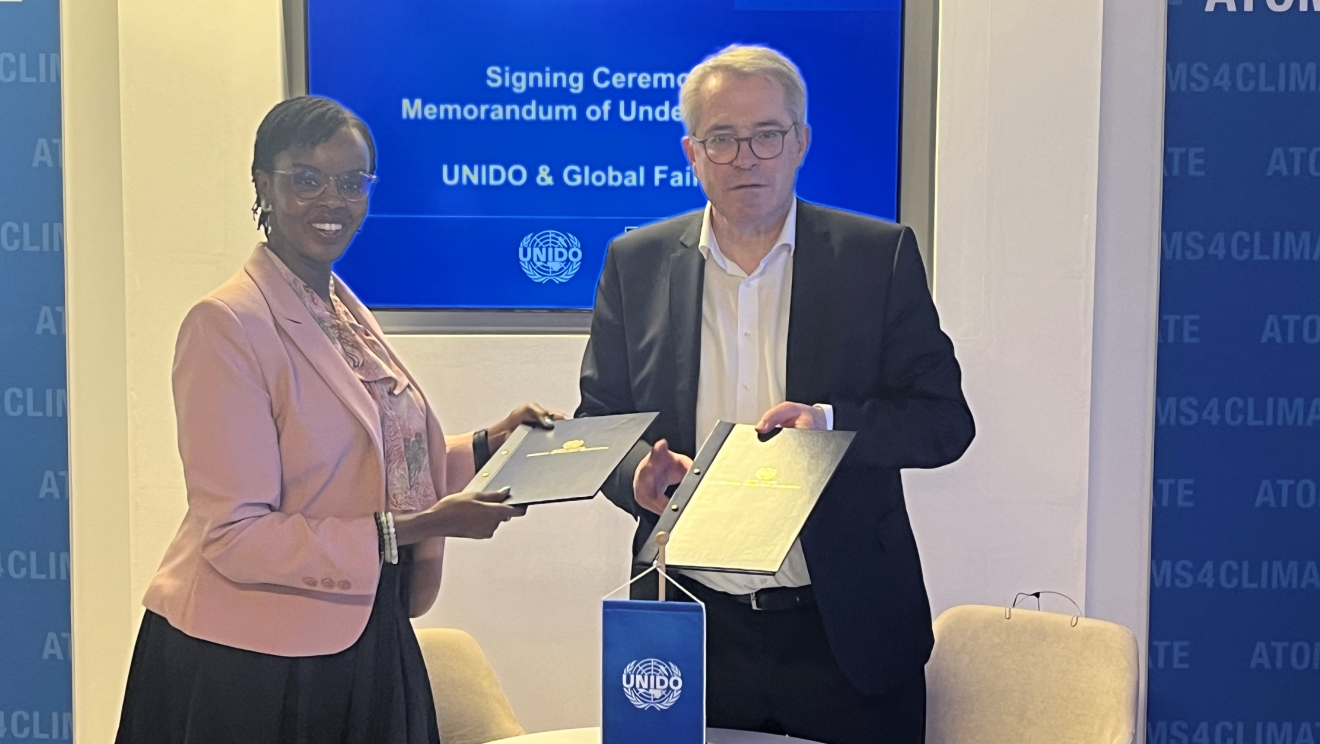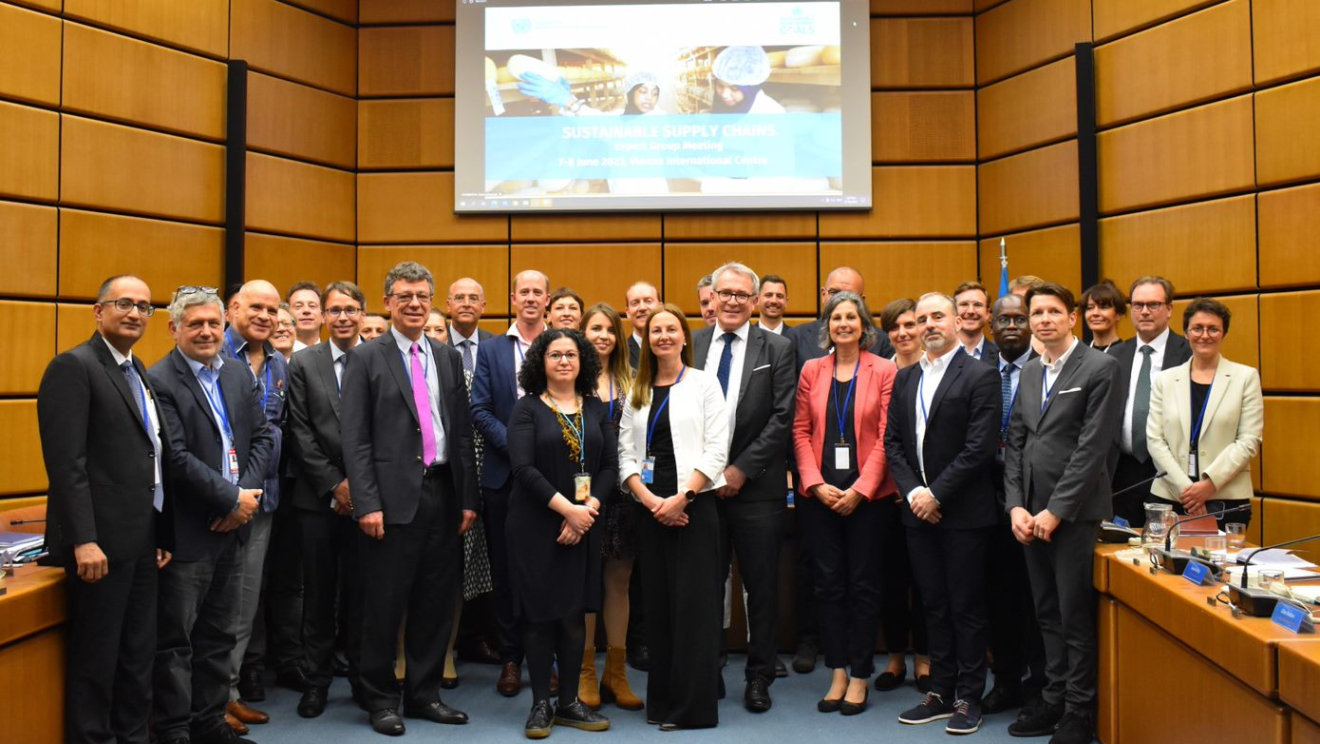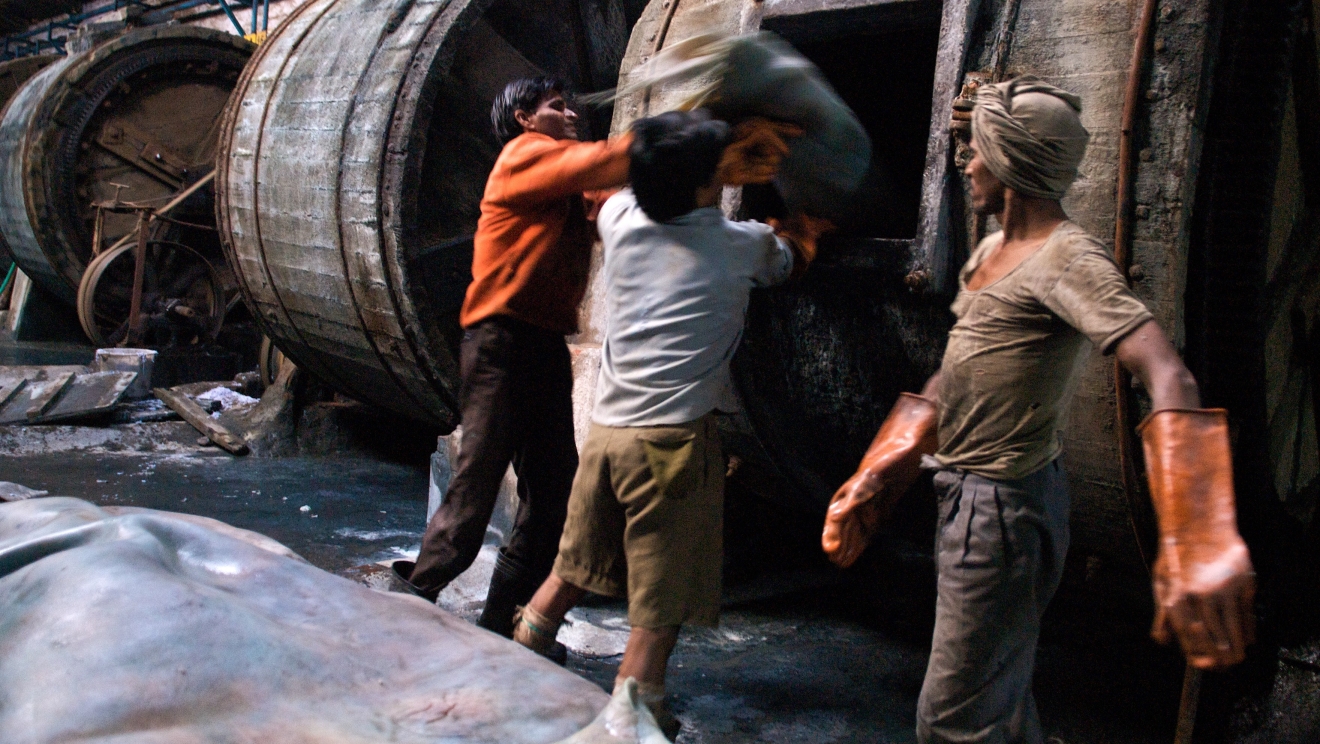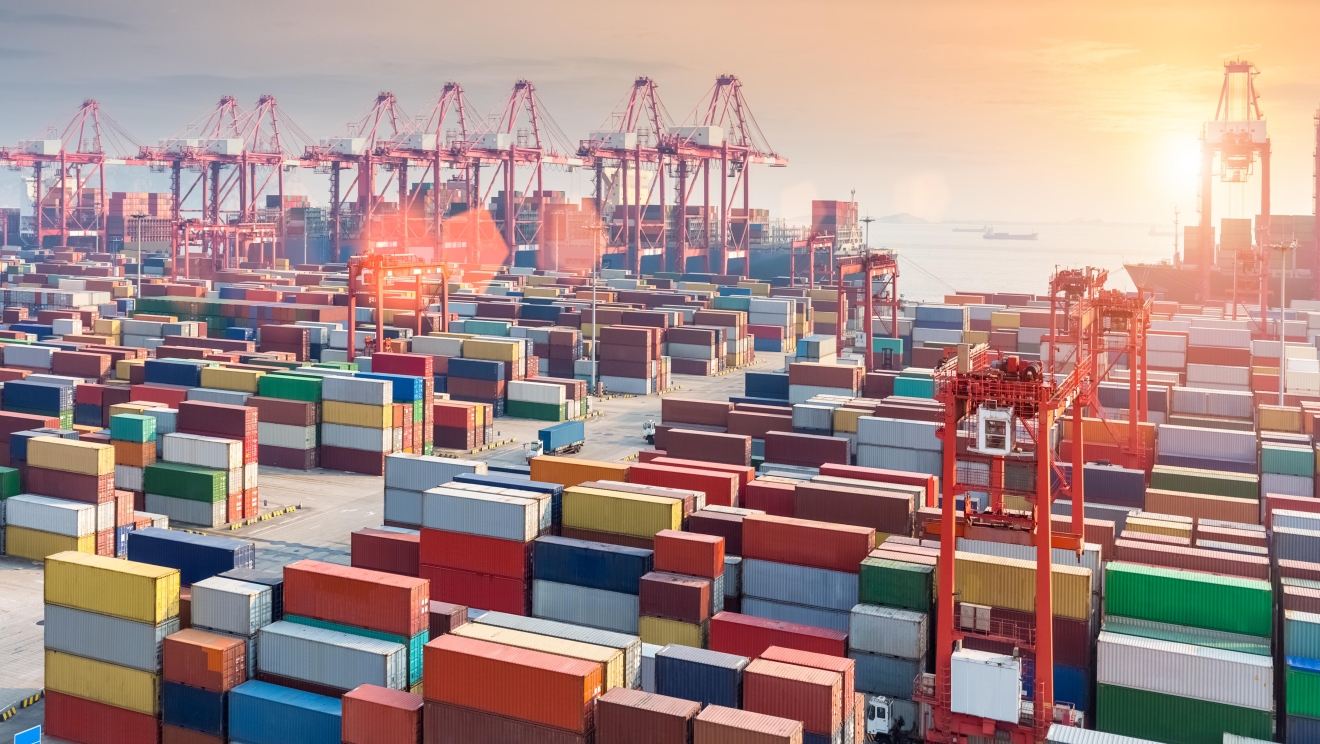Sustainable supply chains
Supply chains are essential to trade, and trade is essential to job creation but these supply chains must be sustainable.
There are an estimated 450 million people working in global supply chains. Approximately 190 million of them are women.
These jobs, working in the factories, farms and packing houses that supply the world’s clothing, goods and food, offer a promise of economic independence. But the reality for millions of workers is excessive hours, often in difficult and unsafe working conditions, and wages that are not enough to make ends meet.
The exploitation of people and labour, and the exploitation of the environment, must not be the basis of our global economy. We need fair global business practices and this requires companies to check human rights and environmental standards.
Companies must identify, bring to an end, prevent and mitigate negative impacts on human rights and the environment in the company’s own operations, those of their subsidiaries and their supply chains. This includes ensuring that their business strategy is compatible with limiting global warming to 1.5 °C in line with the Paris Agreement.
To save scarce resources, we need to improve sustainable supply chain operations and build a circular economy.
See: UNIDO and Sustainable Supply Chains (August 2023)
